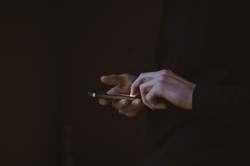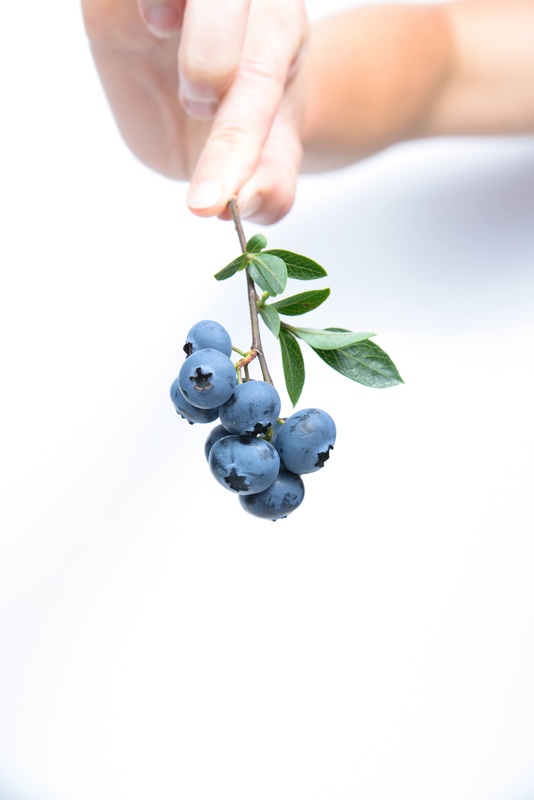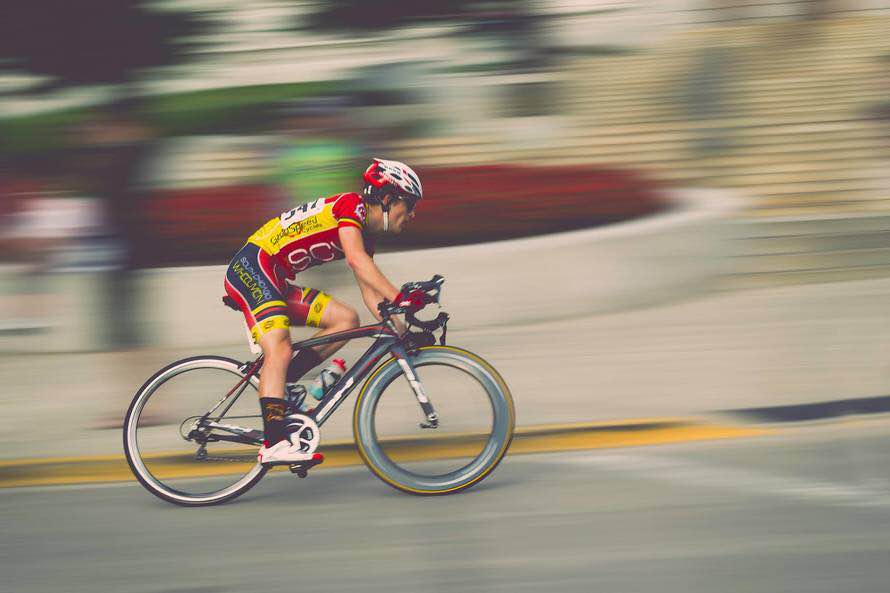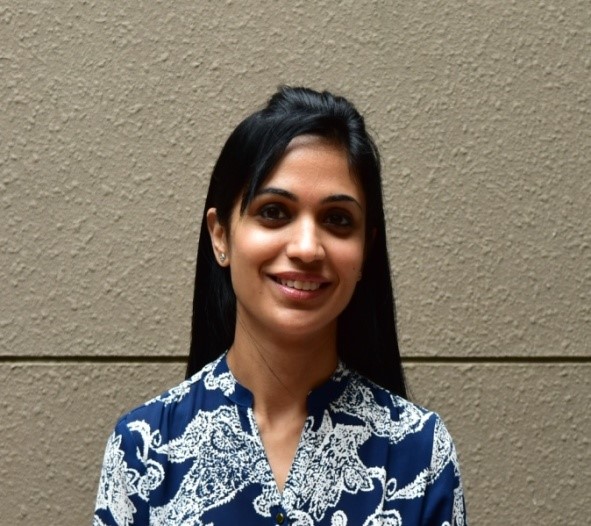 How often are you able to identify the effect of your feelings of hunger and satisfaction levels, and the emotional triggers that make you overeat and how your blood glucose responds to different foods? I am sure the answer would be “hardly”. Many a times when I ask my patients why did you end up eating 6 slices of Mango when the agreed plan was not to have more than 2 slices at a time, the answer I hear is ‘ I was too happy sharing a big meal with my family...; I was nervous for my interview .... etc. Our feelings, emotions and social environment play a big role when it comes to eating. That's where food journaling comes in. Food logs can be a helpful, cost-effective tool in improving skills in managing blood sugar on a daily basis. I often tell my clients that controlling blood sugar levels to prevent highs and lows is an important aspect of diabetes self-management and that keeping a food diary/ log, in the form of a physical book or journal, a computer software program, a website or app, or even a digital photo gallery, can play a key role. What all you should Log?
For example :
I believe that maintaining a food log is a must for people who are on Insulin and/or have difficult to control sugar levels. This gives a freedom to understand a correlation between food and activity routine to blood sugar levels and helps make necessary adjustments when needed.
Try and maintain the log for minimum 7 days and get it reviewed by your health care provider who can help you identify the gap initially, and as you master keeping a record you can manage your health on your own. So, just identify a way you would like to keep a record. You can maintain a log as a journal or mobile phone app. These apps are found to be more effective than computer-based programs for diabetes self-care. The mHealth apps also gives the opportunity to take a more active role in your health management while keeping it fun.
0 Comments
Leave a Reply. |
Author
|




 RSS Feed
RSS Feed
